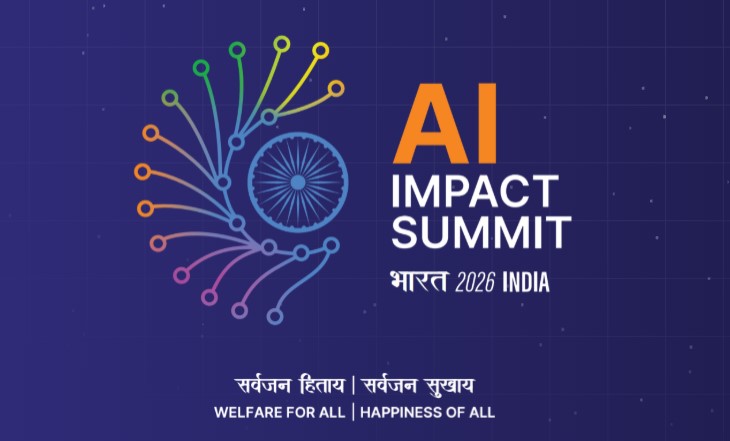Human-curated knowledge remains central in the AI era, according to the co-founder of Wikipedia. Speaking at the AI Impact Summit 2026, he stressed that editorial judgement, reliable sourcing, and community debate are essential to maintaining trust. AI tools may assist contributors, but oversight and accountability must remain human-led.
Wikipedia has become part of the digital infrastructure underpinning AI systems. Large language models are extensively trained on their openly licensed content, increasing the platform’s responsibility to safeguard accuracy. Wales emphasised that while AI is now embedded in global information systems, it still depends on human-verified knowledge foundations.
Concerns about reliability and misinformation featured prominently in the discussion. AI systems can fabricate convincing but inaccurate details, highlighting the continued importance of journalism and source verification. Wikipedia’s model, requiring citations and scrutinising source credibility, positions it as a safeguard against rapidly generated false content.
The conversation also addressed bias and language diversity. AI models trained predominantly on English-language data risk marginalising other linguistic communities. Wikipedia’s co-founder pointed to the importance of multilingual knowledge ecosystems and inclusive data practices to ensure global representation in both AI development and online information governance.
Would you like to learn more about AI, tech and digital diplomacy? If so, ask our Diplo chatbot!










